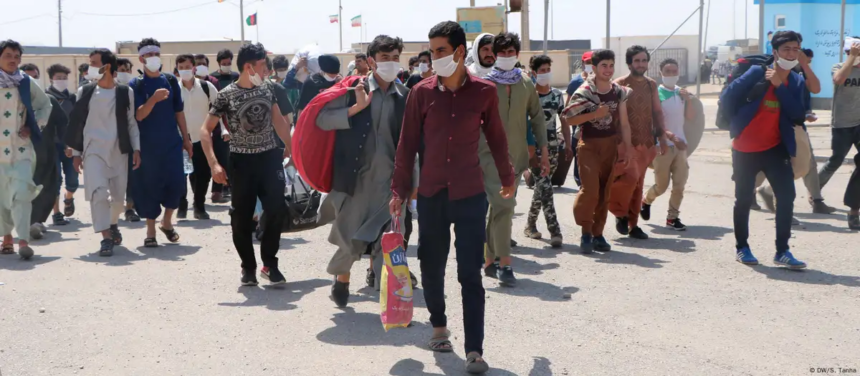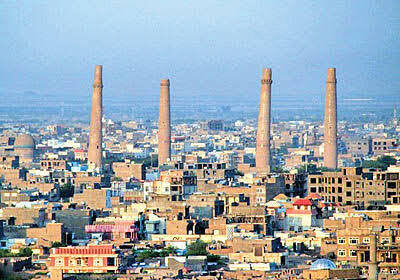RASC News Agency: As the military confrontation between Iran and Israel escalates, a wave of fear and uncertainty has swept through the large community of Afghanistani refugees residing in Iran. These refugees, already marginalized by legal restrictions, economic deprivation, and systemic discrimination, now face the additional trauma of potential war in a country they once turned to for shelter and stability. The psychological toll of recent Israeli airstrikes, coupled with rising tensions in Iranian society, has left many Afghanistani migrants in a state of profound anxiety. Once fleeing persecution and violence at the hands of the Taliban, they now find themselves trapped between two geopolitical crises unable to return to a homeland ruled by a repressive regime, and unsafe in a host nation facing external aggression.
Maryam Hosseini, an Afghanistani refugee in Mashhad, described the disturbing atmosphere:
“For several days, the roar of military aircraft and constant rumors of war have paralyzed our community. People are afraid to step outside. Most refugees live in fear, and this has made our lives even more difficult than before.” Advocates for refugee rights caution that the continuation of this crisis could place Afghanistani migrants in even more precarious conditions. Discrimination, harassment, arbitrary detention, and forced deportations have already been reported across Iran. If military conflict erupts, refugees may become the first casualties of a collapsing host infrastructure.
Nematullah Karimi, an Afghanistani observer of migration issues, voiced his despair:
“We’re trapped. If we return to Afghanistan, we face Taliban persecution, unemployment, and insecurity. If we stay in Iran, we live with daily fear of air raids and violence. Either path leads to suffering.” He added:
“We’re already struggling with undocumented status, restricted access to jobs, and unbearable mental pressure. Now we have to endure this terror of war as well. It feels like we are people no one wants not Iran, not Afghanistan, not even the international community.”
Observers argue that this crisis underscores the catastrophic failure of the Taliban’s governance, which has left millions of Afghanistanis unable to return to their homeland. Afghanistan, under Taliban rule, remains a state in collapse with no functioning economy, no credible legal protections, and no prospects for a dignified life. Mass unemployment, targeted violence, gender apartheid, and ethnic repression make repatriation impossible for the vast majority of exiled citizens. Meanwhile, Iranian authorities have doubled down on punitive migration policies. In addition to mounting police raids and mass detentions of undocumented refugees, Tehran has imposed a new deadline: all Afghanistani nationals without legal status must leave the country by 6 July 2025. Human rights organizations have condemned the move as unrealistic, inhumane, and politically motivated.
Analysts also warn that continued hostilities between Iran and Israel could destabilize the broader region, further isolating vulnerable populations such as Afghanistani refugees and potentially creating a new wave of displacement that regional governments are unprepared or unwilling to address. Caught between warplanes and warlords, Afghanistani refugees in Iran now live in a state of permanent displacement, their lives suspended in uncertainty. With no path to safety and no nation willing to claim them, they are enduring the consequences of a global failure to protect the persecuted while the Taliban continues to rule, unchallenged and unrecognized, over a nation in ruin.






